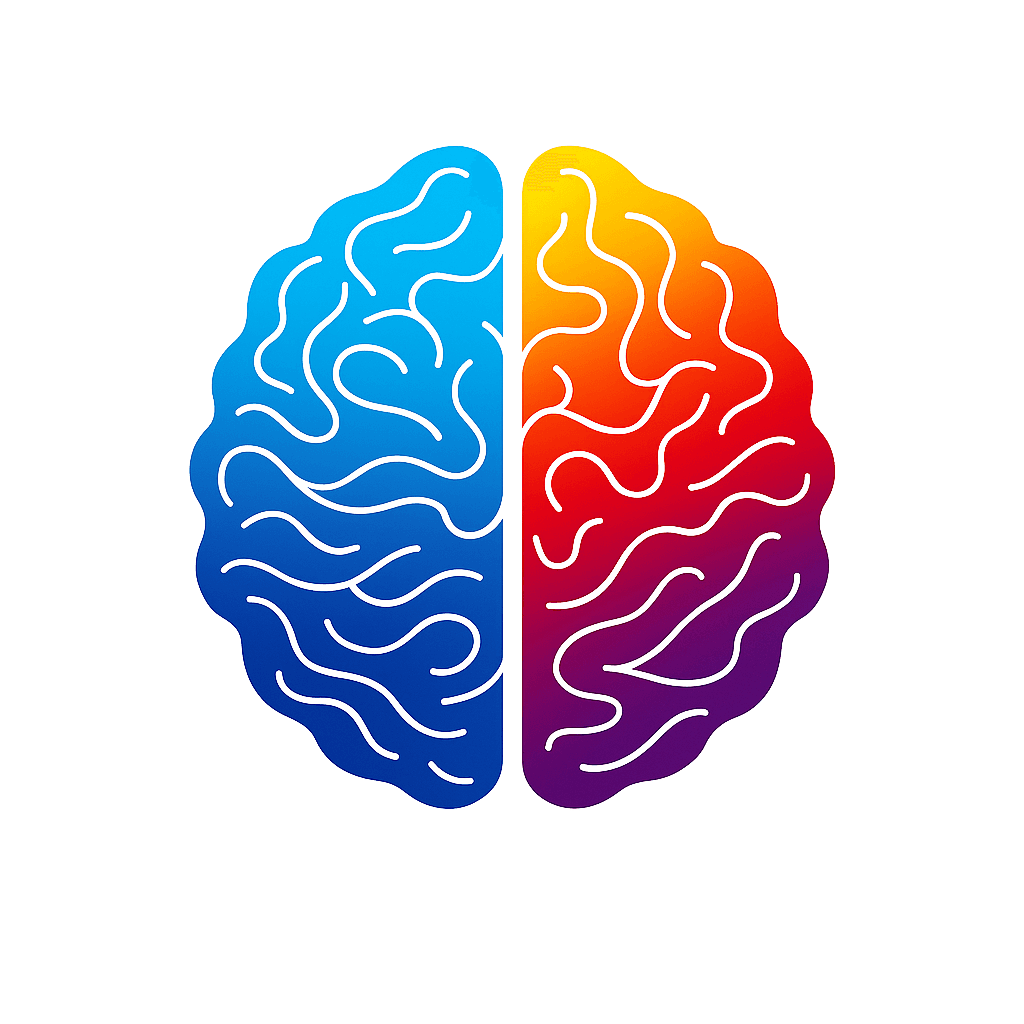
Dr. Gamal Mousa
Schizophrenia
Understanding schizophrenia and how proper treatment can improve lives.
Schizophrenia is a chronic mental disorder that affects how a person thinks, feels, and behaves — often including hallucinations, delusions, and cognitive challenges.
Facts
- •Schizophrenia causes psychosis and is associated with considerable disability and may affect all areas of life including personal, family, social, educational, and occupational functioning.
- •Stigma, discrimination, and violation of human rights of people with schizophrenia are common.
- •More than two out of three people with psychosis in the world do not receive specialist mental health care.
- •A range of effective care options for people with schizophrenia exist and at least one in three people with schizophrenia will be able to fully recover.
Symptoms
Schizophrenia is characterised by significant impairments in the way reality is perceived and changes in behaviour related to:
- •Persistent delusions: the person has fixed beliefs that something is true, despite evidence to the contrary.
- •Persistent hallucinations: the person may hear, smell, see, touch, or feel things that are not there.
- •Experiences of influence, control or passivity: the experience that one's feelings, impulses, actions, or thoughts are not generated by oneself, are being placed in one's mind or withdrawn from one's mind by others, or that one's thoughts are being broadcast to others.
- •Disorganized thinking, which is often observed as jumbled or irrelevant speech.
- •Highly disorganised behaviour e.g. the person does things that appear bizarre or purposeless, or the person has unpredictable or inappropriate emotional responses that interfere with their ability to organise their behaviour.
- •Negative symptoms such as very limited speech, restricted experience and expression of emotions, inability to experience interest or pleasure, and social withdrawal.
- •Extreme agitation or slowing of movements, maintenance of unusual postures.
People with schizophrenia often also experience persistent difficulties with their cognitive or thinking skills, such as memory, attention, and problem-solving.
At least one third of people with schizophrenia experiences complete remission of symptoms. Some experience worsening and remission of symptoms periodically throughout their lives, while others have a gradual worsening of symptoms over time.
Magnitude and impact
Schizophrenia affects approximately 24 million people or 1 in 300 people (0.32%) worldwide. This rate is 1 in 222 people (0.45%) among adults. It is not as common as many other mental disorders. Onset is most often during late adolescence and the twenties, and onset tends to happen earlier among men than among women.
Schizophrenia is frequently associated with significant distress and impairment in personal, family, social, educational, occupational, and other important areas of life.
People with schizophrenia are 2 to 3 times more likely to die early than the general population. This is often due to physical illnesses, such as cardiovascular, metabolic, and infectious diseases.
People with schizophrenia often experience human rights violations both inside mental health institutions and in community settings. Stigma against people with this condition is intense and widespread, causing social exclusion, and impacting their relationships with others, including family and friends. This contributes to discrimination, which in turn can limit access to general health care, education, housing, and employment.
During humanitarian and public health emergencies, extreme stress and fear, breakdown of social supports, isolation and disruption of health-care services and supply of medication can occur. These changes can have an impact on the lives of people with schizophrenia, such as exacerbation of existing symptoms. During emergencies, people with schizophrenia are more vulnerable than others to various human rights violations, including neglect, abandonment, homelessness, abuse and exclusion.
Causes of schizophrenia
Research has not identified one single cause of schizophrenia. It is thought that an interaction between genes and a range of environmental factors may cause schizophrenia.
Psychosocial factors may also affect the onset and course of schizophrenia.
Heavy use of cannabis is associated with an elevated risk of the disorder.
Management and support
A range of effective care options for people with schizophrenia exist, and these include medication, psychoeducation, family interventions, cognitive-behavioural therapy and psychosocial rehabilitation (e.g., life skills training).
Facilitated assisted living, supported housing and supported employment are essential care options that should be available for people with schizophrenia.
A recovery-oriented approach – giving people agency in treatment decisions – is essential for people with schizophrenia and for their families and/or caregivers as well.
Frequently Asked Questions

A Personalized Approach to Care
At Beautiful Mind Medical Center, Dr. Gamal offers face-to-face consultations in Abu Dhabi, believing that in-person assessments lead to more accurate diagnoses and effective treatment outcomes.
With over 40 years of experience, he understands the importance of building trust with his patients while offering comprehensive psychiatric care.